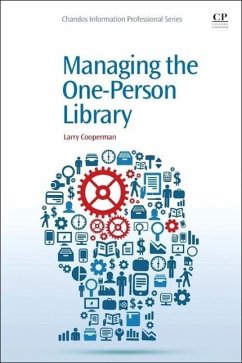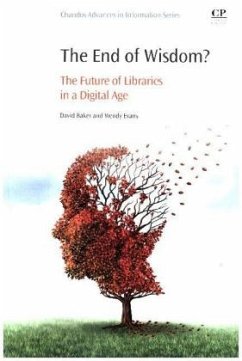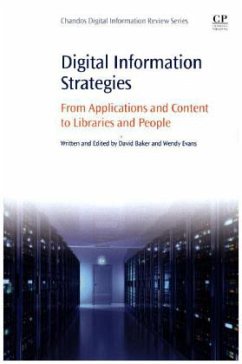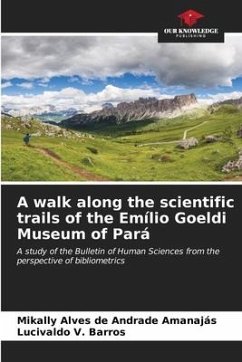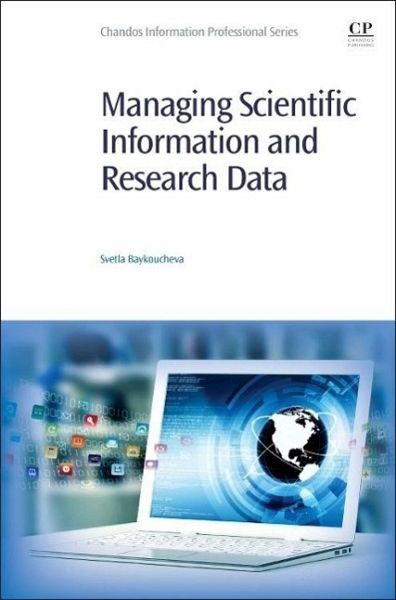
Managing Scientific Information and Research Data

PAYBACK Punkte
26 °P sammeln!
Innovative technologies are changing the way research is performed, preserved, and communicated. Managing Scientific Information and Research Data explores how these technologies are used and provides detailed analysis of the approaches and tools developed to manage scientific information and data. Following an introduction, the book is then divided into 15 chapters discussing the changes in scientific communication; new models of publishing and peer review; ethics in scientific communication; preservation of data; discovery tools; discipline-specific practices of researchers for gathering and...
Innovative technologies are changing the way research is performed, preserved, and communicated. Managing Scientific Information and Research Data explores how these technologies are used and provides detailed analysis of the approaches and tools developed to manage scientific information and data. Following an introduction, the book is then divided into 15 chapters discussing the changes in scientific communication; new models of publishing and peer review; ethics in scientific communication; preservation of data; discovery tools; discipline-specific practices of researchers for gathering and using scientific information; academic social networks; bibliographic management tools; information literacy and the information needs of students and researchers; the involvement of academic libraries in eScience and the new opportunities it presents to librarians; and interviews with experts in scientific information and publishing.




